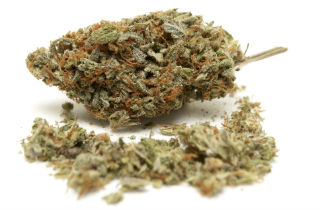Medical use of marijuana
Some doctors may recommend marijuana primarily for relief from the symptoms of disease rather than as a cure. Some of these conditions may include:
1. Treatment for symptoms of AIDS
2. Glaucoma
3. Neuropathy (diseases affecting the nerves or nerve cells) Ex. epilepsy
4. Nausea and vomiting associated with cancer chemotherapy
5. Pain caused by structural or psycho-physiological disorders
6. Muscular spasticity and limb pain (multiple sclerosis or spinal cord injury)
7. Symptoms of movement disorders such as Parkinson’s disease, Huntington’s disease, Tourette’s syndrome
8. Appetite stimulant for diseases of malnutrition (cachexia or starvation)
9. Nausea and vomiting (general)
10. Migraine headaches
Top 10 diagnoses for non-medical use of marijuana cards
Does the FDA approve medical marijuana?
The Food and Drug Administration (FDA) does not approved smoked cannabis for medical reasons. Although some aruge that this is a political decision, rather than a medical or scientific decision based on research and analysi, the FDA has approved two drugs, Marinol and Cesamet, for therapeutic uses in the U.S. These drugs contain active ingredients that are present in botanical marijuana but come in the form of a pill. Nonetheless, that the FDA has not approved smoked marijuana for any condition or disease seems rather short-sighted.
Medical marijuana debate
What do you think? Should patients be restricted to only taking Marinol or Cesamet? Or should smoked marijuana be considered a medical treatment?









Related Posts